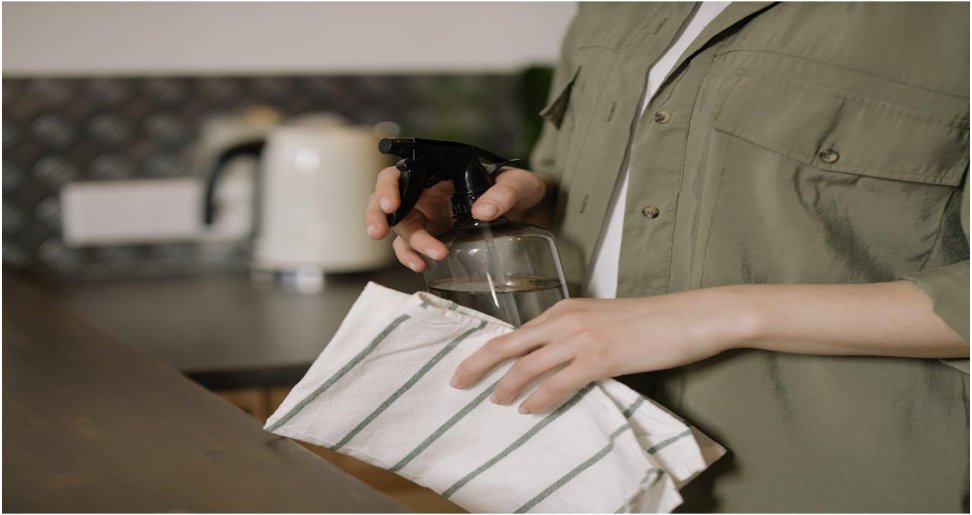Keeping your home spotless and ensuring pristine water quality can seem intimidating. But fear not! With a few strategic steps, you can transform your living space into a haven of cleanliness and health.
Let’s explore five methods to achieve superior home cleanliness and water quality that will have you breathing easier and feeling better.
Implementing a Regular Cleaning Schedule
A regular cleaning schedule is your first step toward maintaining a spotless home. It helps you stay on top of chores without feeling overwhelmed. Begin by listing tasks that need daily, weekly, and monthly attention.
For example, daily tasks could include wiping down surfaces and doing the dishes, while vacuuming and laundry might be weekly tasks. Creating a schedule that suits your lifestyle is essential. If you’re a morning person, tackle more intensive chores early in the day.
Night owls might prefer to do their cleaning in the evening. Consistency is key, so find a routine that’s manageable and stick to it.
Invest in Better Laundry Results
Ensuring your washing machine and dryer are in top shape can significantly improve the cleanliness of your clothes and linens. Regular commercial laundry equipment servicing prevents buildup of mold and mildew, which can transfer to your laundry.
Opt for high-efficiency machines that use less water and energy while providing superior cleaning results. These machines are designed to be gentler on fabrics, extending the life of your clothing and reducing wear and tear.
Use eco-friendly laundry detergents that are free from harsh chemicals. These detergents are effective at cleaning while being kind to your skin and the environment.
Using Natural and Non-toxic Cleaning Products
Switching to natural and non-toxic cleaning products is a game-changer. These alternatives are not only eco-friendly but also safer for your health. Chemical cleaners can leave harmful residues that affect indoor air quality and irritate skin or respiratory systems.
Natural products like vinegar, baking soda, and lemon juice are effective cleaners. Vinegar, for example, can be used to clean windows, countertops, and even as a fabric softener. Baking soda is excellent for scrubbing tough stains and deodorizing spaces, while lemon juice can disinfect surfaces and leave a pleasant aroma.
Upgrading Water Filtration Systems
Investing in a high-quality Residential Filtration System is crucial for ensuring clean and safe water. There are various filtration technologies available, each with its benefits. Carbon filters, for example, can remove chlorine, lead, and other contaminants, improving both the taste and safety of your water.
Reverse osmosis systems offer comprehensive filtration by removing a wide range of impurities, including heavy metals and bacteria. Though more expensive upfront, they provide an excellent return on investment through better health and reduced bottled water purchases.
Air Quality Improvement Techniques
Improving indoor air quality goes hand in hand with maintaining cleanliness. Start by ensuring proper ventilation throughout your home. Use exhaust fans in kitchens and bathrooms and open windows regularly to allow fresh air to circulate.
Houseplants can also improve air quality by acting as natural air purifiers. Plants like snake plants, spider plants, and peace lilies can help remove toxins from the air and add a touch of greenery to your space.
Regularly replacing air filters in your HVAC system is another key to cleaner air. Dirty filters can circulate dust, allergens, and other pollutants, compromising indoor air quality. Aim to replace filters every three months or more frequently if you have pets or allergies.
Read Also:
- Seint Makeup Review: Before And After
- Is Auto Manufacturing A Good Career Path?
- Is Oil Refining/Marketing A Good Career Path?



order azithromycin generic – tinidazole 500mg sale order flagyl
Your comment is awaiting moderation.